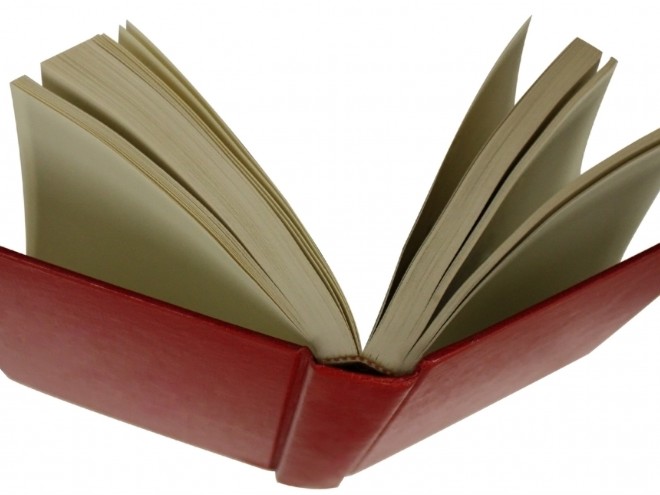Posted by Naomi Firestone-Teeter
 While not all of this month’s offerings are translations, there are quite a few in this round’s mix, which makes JBCers particularly happy. We’re happy both because fine international titles are making their way into the American literary market, and also because they help reflect the broader Jewish experience and keep lines of communication open between Jews worldwide.
While not all of this month’s offerings are translations, there are quite a few in this round’s mix, which makes JBCers particularly happy. We’re happy both because fine international titles are making their way into the American literary market, and also because they help reflect the broader Jewish experience and keep lines of communication open between Jews worldwide.Speaking of translations, if you’re not familiar with Three Percent’s Best Translated Book Awards, you should be. This year’s shortlist includes Moacyr Scliar’s Kafka’s Leopards (translator: Thomas O. Beebee) and the 2010 winning title was Gail Hareven’s The Confessions of Noa Weber (translator: Dalya Bilu). Two other great resources for translated titles are Dalkey Archive Press’s Hebrew Literature series, which we feature on our website here, and Melville House’s translations, which includes titles by Imre Kertész, Sholem Aleichem, and Joshua Sobol. Bonus: Check out Melville House’s Sholem Aleichem bobbleheads. Finally, check out translator Jessica Cohen’s article on translation for the Summer 2007 issue of Jewish Book World here.
Along with the translations, several of the below selections explore the boundaries between fiction and nonfiction (see: God’s Horse and The Atheist’s School, The Messenger, and The Wine of Solitude). When do these forms need to work together to tell the whole story and when does one form suffice? It may also be of interest to look into newly reviewed HHhH (Laurent Binet; Sam Taylor, trans.), which is both a translation and also explores the aforementioned boundaries. And, of course, who could resist the forthcoming UPNE title focused on coffee (another thing that makes JBCers happy)? Needless to say, we’ve been spoiled by riches this month, and, as always, look forward to the next round of literary treats.
Dichter’s autobiographical novels bring to life the tensions between ideologues and pragmatists, Polish patriots and their Soviet masters.
The Patagonian Hare: A Memoir
Check out The New Yorker’s recent profile of Lanzmann here.
Jews Welcome Coffee: Tradition and Innovation in Early Modern Germany , Robert Liberles (April 2012, Brandeis University Press)
, Robert Liberles (April 2012, Brandeis University Press)
Not surprisingly, Jews readily accepted coffee when it made its way to Europe in the 1650s.
The novelized biography of Jan Karski, a young Polish diplomat charged with bringing the truth of Hitler’s extermination plan to the Allies.
Segal’s debut novel explores the world of a tight-knit Jewish suburb of London.

Originally from Lancaster, Pennsylvania, Naomi is the CEO of Jewish Book Council. She graduated from Emory University with degrees in English and Art History and, in addition, studied at University College London. Prior to her role as executive director and now CEO, Naomi served as the founding editor of the JBC website and blog and managing editor of Jewish Book World. In addition, she has overseen JBC’s digital initiatives, and also developed the JBC’s Visiting Scribe series and Unpacking the Book: Jewish Writers in Conversation.



